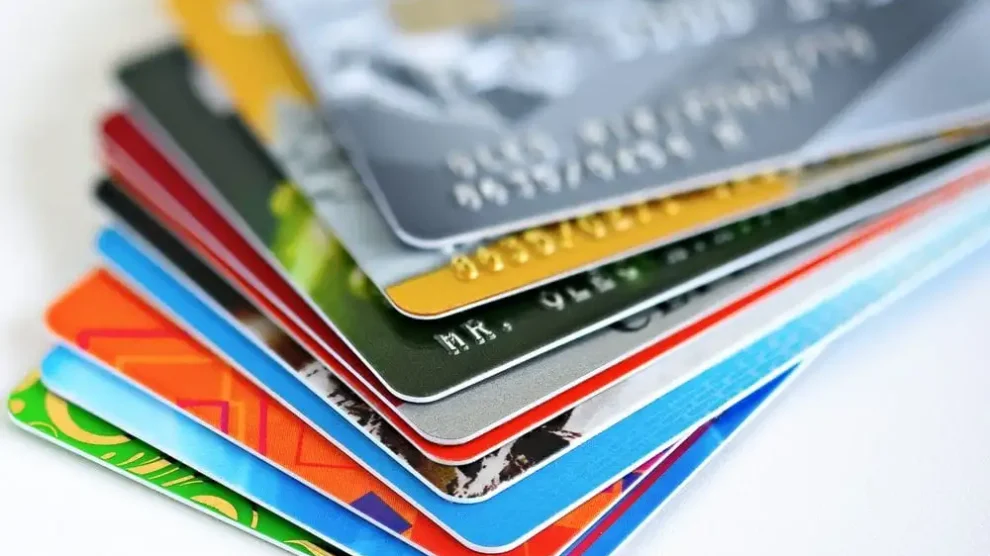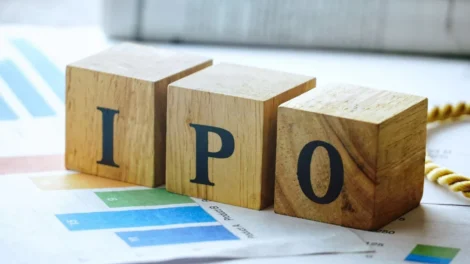Credit cards can be a prudent financial instrument if correctly used, but they can also result in a debt trap if mismanaged. With rising digitalisation, and the ease, convenience and offers they bring, many are now applying for online credit cards.
But a large number of users are not aware of how to use them in a responsible way. Financial planning is not just about saving or investing – it even includes how you spend and manage credit. Credit cards can assist in building an excellent credit score, give access to contingency funds and offer cashback or reward points.
However, knowing certain key terms like the credit card billing cycle and interest-free period is essential. When used in a wise manner, a credit card can support your monthly budget instead of harming it.
Here is how to use credit cards the right way:
Master these simple habits to make your credit card work for you – not against you.
-
Understand the billing cycle
Every credit card has a billing cycle – a fixed period (usually 28 to 31 days) during which your transactions are recorded. After this cycle ends, a bill is generated that includes all your expenses for that period.
For example, if your billing cycle ends on the 25th and you make a purchase on the 1st of the month, you get almost 50 days to repay without interest. But if you buy something on the 24th, you get very few days to pay. So, understanding your cycle helps you plan your purchases smartly, especially if you are buying big-ticket items.
-
Pay the full due amount
When your credit card bill arrives, always aim to pay the entire amount due, not just the “minimum due.” Banks often show a very small amount as “minimum due” to make it easier to pay, but this is a trap.
If you do not pay the full amount, the unpaid balance starts collecting interest at high rates – sometimes over 40% annually. Many people fall into this cycle and end up paying unnecessary interest. Paying your bill in full keeps your finances healthy and your credit score strong.
-
Limit usage to planned expenses
Credit cards are best used for things that you already plan to buy and can repay within a month. These include essentials like groceries, petrol/diesel, electricity bills, or mobile recharges. Avoid using credit cards for impulsive online shopping, expensive gadgets, or fancy restaurants – unless you have already budgeted for it.
Remember, a credit card is not free money, it is borrowed money. Unplanned usage can disturb your monthly budget and push you into debt if you are not careful.
-
Track your spends regularly
Almost every bank today offers a mobile app or online banking to track your credit card usage in real-time. Make it a habit to check your online credit card spend once or twice a week. You can also set SMS or email alerts to notify you when you reach a certain limit.
This gives you control over your expenses and helps avoid overspending. It also keeps you informed about any fraudulent or unauthorised transactions so you can report them immediately.
-
Avoid multiple cards unless necessary
Having more than one credit card is not always a promising idea unless you truly need them for different purposes (like one for travel and one for shopping). Multiple cards can confuse you about due dates, billing cycles, and limits.
If you miss a payment on even one card, it can damage your CIBIL score (your credit score). Instead, pick one to two cards that give you the most benefit based on your lifestyle – such as fuel cashback, online shopping rewards, or travel points.
-
Check for hidden charges
Many people get excited about rewards or discounts but ignore the terms and conditions. Some credit cards come with annual fees, joining fees, late payment penalties, or foreign transaction charges. For example, if you travel abroad or shop on an international website, cards may charge 2-3% extra. If you miss your payment, late fees and interest can quickly pile up.
So, read the charges section carefully before applying. It is a small step, but it saves you a lot of money and stress later.
Ending note
Think of a credit card as a financial partner, not free money. Learn your credit card billing cycle, pay your dues in full, and spend only what you can afford to repay.
With careful use, an online credit card can actually support your savings goals through rewards, discounts, and credit score improvement. Smart usage today means better financial freedom tomorrow.



